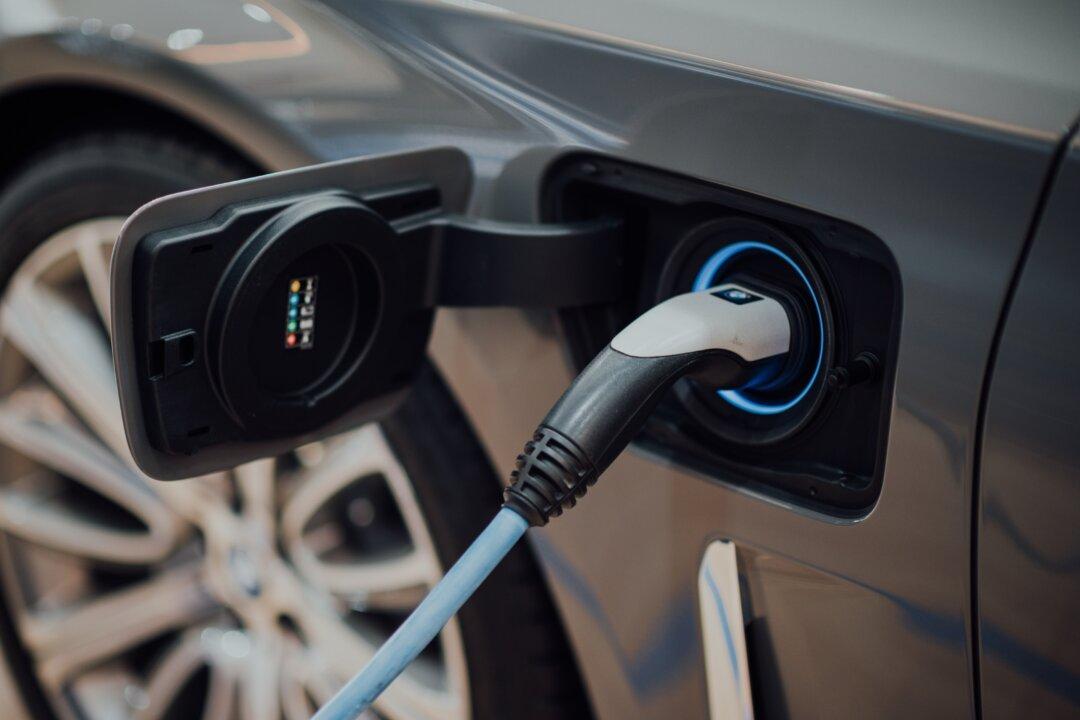An electric vehicle (EV) charging company has secured a major private investment to expand in Australia and New Zealand.
The new deal will help support the “rapid uptake” of EVs in both countries amid the push towards net zero.

An electric vehicle (EV) charging company has secured a major private investment to expand in Australia and New Zealand.
The new deal will help support the “rapid uptake” of EVs in both countries amid the push towards net zero.